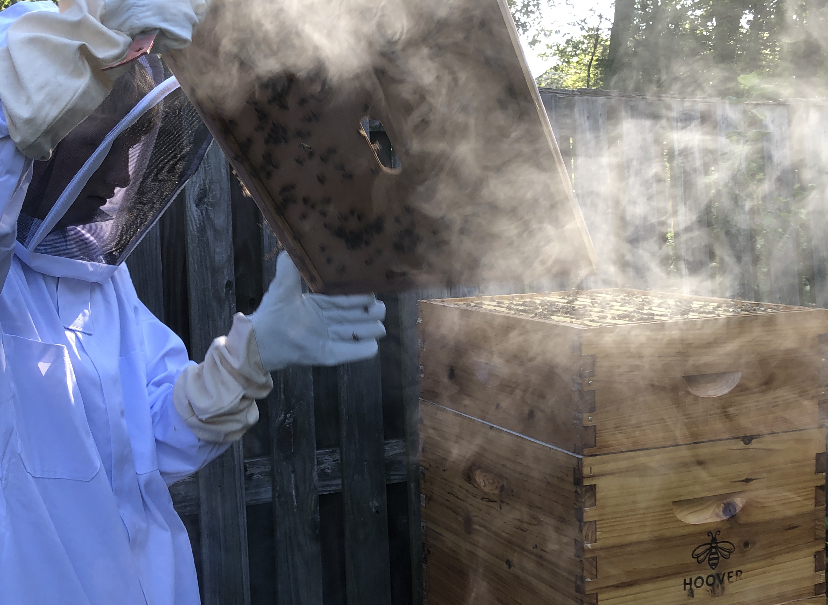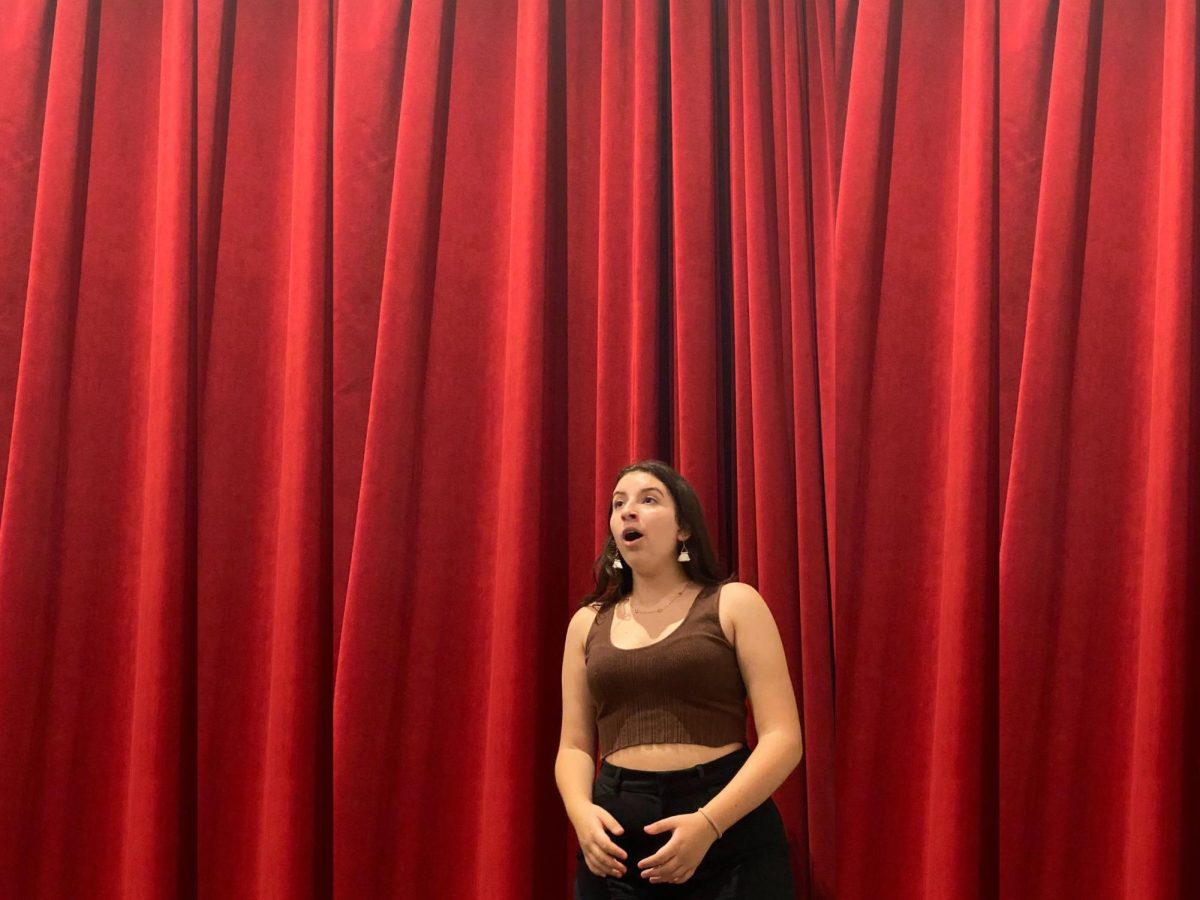Over lockdown, many people took up interesting new hobbies to pass the time. Perhaps there are none more interesting than senior Jordan Coopersmith’s: beekeeping.
“With all the free time I had, I would surf the web and just learn stuff,” Coopersmith said. “I learned that bees were pretty cool.”
Coopersmith now has a colony of bees in his backyard. He found the society that bees create for themselves to be particularly interesting, and wanted to play a role in their formation.
“Because of quarantine and the free time I had, it’s become a real understanding of the complexities in their existence,” Coopersmith said.
There was another factor that led him to look after a bee colony. Colony Collapse Disorder is a pressing problem around the world causing a decline in bee populations, and many researchers and scientists rushing to find a solution.
“The bee population is not in crisis, but there is an abnormal amount of hives without bees,” Coopersmith said.
Up to 70% of the world’s feeding crops are pollinated by bees, and if there is not a solution to the problem, countries could face shortages of agricultural products including grapes, tomatoes, strawberries and apples.
“At first I was motivated to get this colony because of the problems that bees are facing right now, so I thought it would be a good idea to get some bees and do a small part to help,” Coopersmith said. “It is still a widespread problem that shouldn’t be happening due to a lot of factors that are man-made.”
Bees maintain an intricate system in each of their hives, giving each individual a job to keep the hive productive and healthy. The insects will travel up to two miles from the hive to find, obtain and return with resources. As a result, bee colonies remain somewhat isolated from human contact.
“If you really wanted to, you could leave them for a month and just check on them to see what’s going on,” Coopersmith said.
The self-sufficiency of the bee colony proved to be beneficial, because with school having started in August, Coopersmith finds that he has needed to budget his time for work.
“I’ve definitely had a lot less time checking on the bees and making sure they’re alright,” Coopersmith said.
His venture into beekeeping has yielded many benefits. He finds that the sweet honey the bees produce is more than worth the effort.
“It is actually pretty surprising seeing how much honey one beehive can produce,” Coopersmith said. “There’s a noticeable difference between locally sourced honey compared to store-bought honey, with locally sourced honey being worlds better.”
But Coopersmith doesn’t focus on the honey, which is often seen as the main benefit from beekeeping. He instead enjoys looking after the bees and observing their complex activities in the hive.
“I really enjoy watching the bees through my window; it looks like an airport,” Coopersmith said.
And although some may think it is dangerous to go close to the hive, Coopersmith is unfazed.
“I can go up next to them and look at them for a while without getting stung,” Coopersmith said.
The aspect of observing an independent society is what really drew him to beekeeping. He continues to look after his bees, making time for them despite the workload from the new school year.
“It’s great for stress relief,” Coopersmith said. “I’m looking forward to watching and caring for them this fall.”








